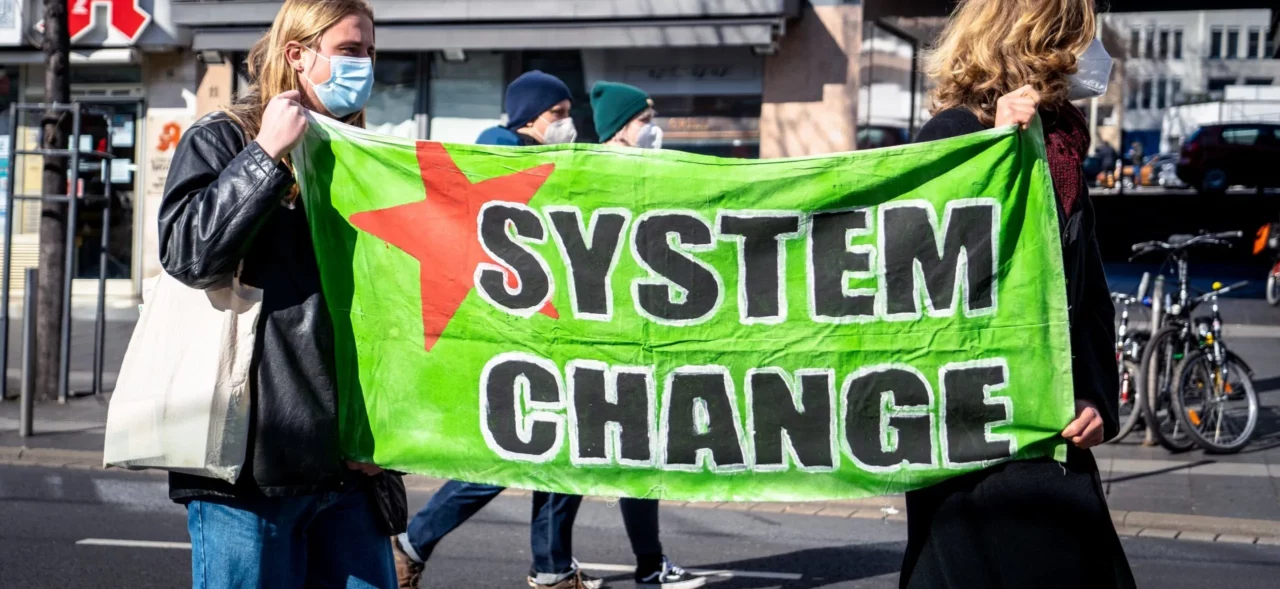The economic impact is hardest on the poorest sections of society, particularly those working in the gig economy, and in sectors hardest hit by the lockdowns, with disadvantaged and racial minority groups in the front line.
A key indicator of inequity is the growth of child poverty rates which are increasing in the UK, (the trend was upwards even before the pandemic) and in the US where one in seven children live in poverty. Adding to the toxic mix is the impact of the pandemic on schooling and by extension, educational attainment and long-term life chances.
Public policy is core to addressing the structural and deep-rooted challenges of inequity and the impact of the pandemic, but organisations also have an important role to play in addressing inequality and they can do that through the lens of social inclusion programmes and related interventions.
In common with all forms of diversity, people from a different socio-economic background to the norm in an organisation or institution, bring a different life experience and a different thinking style contributing to neurodiversity. But unlike the existing protected diversity characteristics, it is considered harder to measure. We have become familiar with (though not always appreciative of) being asked our gender, ethnicity etc and there are standard categories that can be applied.
However, establishing socio economic status can sometimes feels more intrusive because it looks for very personal information about parental status, household income, schooling etc and because it requires not only talking about yourself, but also sharing information on your parents which in some cases can be painful.
Where information is asked via anonymous survey results, the data can be aggregated and may feel less intrusive for an individual, but it requires clear communication about why the information is being requested and importantly, how it will make a difference.
Until quite recent times, many organisations focussed on recruiting from top tier universities because degrees from newer universities were not considered to be of the same standard. The focus on social mobility led by the social mobility commission and by proactive employers has helped to shift this mindset, at the same time top-tier universities are broadening their intake, and newer universities are being appreciated for the diversity they bring.
But it is not just about getting through the door, but also how you progress once in the organisation. A report published by the Social Mobility Commission into socio economic diversity in the Senior Civil Service, where “just 18% of the Senior Civil Service (SCS) come from disadvantaged backgrounds, and 72% from privileged backgrounds” described a ‘behavioural code’ to aid promotion which included a particular way of presenting oneself, along with neutral accent and pronunciation.
In other words, the unwritten rules, networking and connections, what we would generally describe as the informal culture. It is in understanding the organisation’s informal culture and their employee experiences, that organisation’s can make a difference and effect change.



